Nearly all 1970–81 Camaro Z/28 values have hit the brakes
Unencumbered by the rushed deadline that brought about the original Chevrolet Camaro, yet buoyed by its success, the second-gen Camaro had the backing of a bigger budget and more lead time—and it showed.
The 1970 Camaro received a slew of performance options, including a big-block V-8 on Super Sport 396 models that, according to the GM Heritage Center, was actually 402 cubic inches and generated 375 horsepower. In addition to the Super Sport package, Camaro buyers could select the Rally Sport option, which came with a distinctive nose and split bumper, and the Z/28 Special Performance Package, with its hi-po LT-1 engine.
Those Z/28s are the most desirable among the second-generation (1970–81) Camaros, but their values vary greatly. As of the January 2019, we noted a rise in the least-expensive Z/28s in the group—a 14.9-percent increase in 1977 Z/28 values and a 10-percent increase in 1978 Z/28 values—while values of the most expensive models slipped. The 1970 Z/28 is down 5 percent, 1971 is down 3 percent, and 1972 is down 1 percent. Everything else remained flat. Quite the mixed bag.
It shouldn’t come as a surprise that 1970–73 Z/28s are more valuable than the slower and less attractive second-gen models that followed. How much more value may raise some eyebrows, however. For example, a 1970 Camaro Z/28 in #2 (Excellent) condition is worth $51,000, more than twice that of a 1980 Z/28 in similar condition ($22,800).
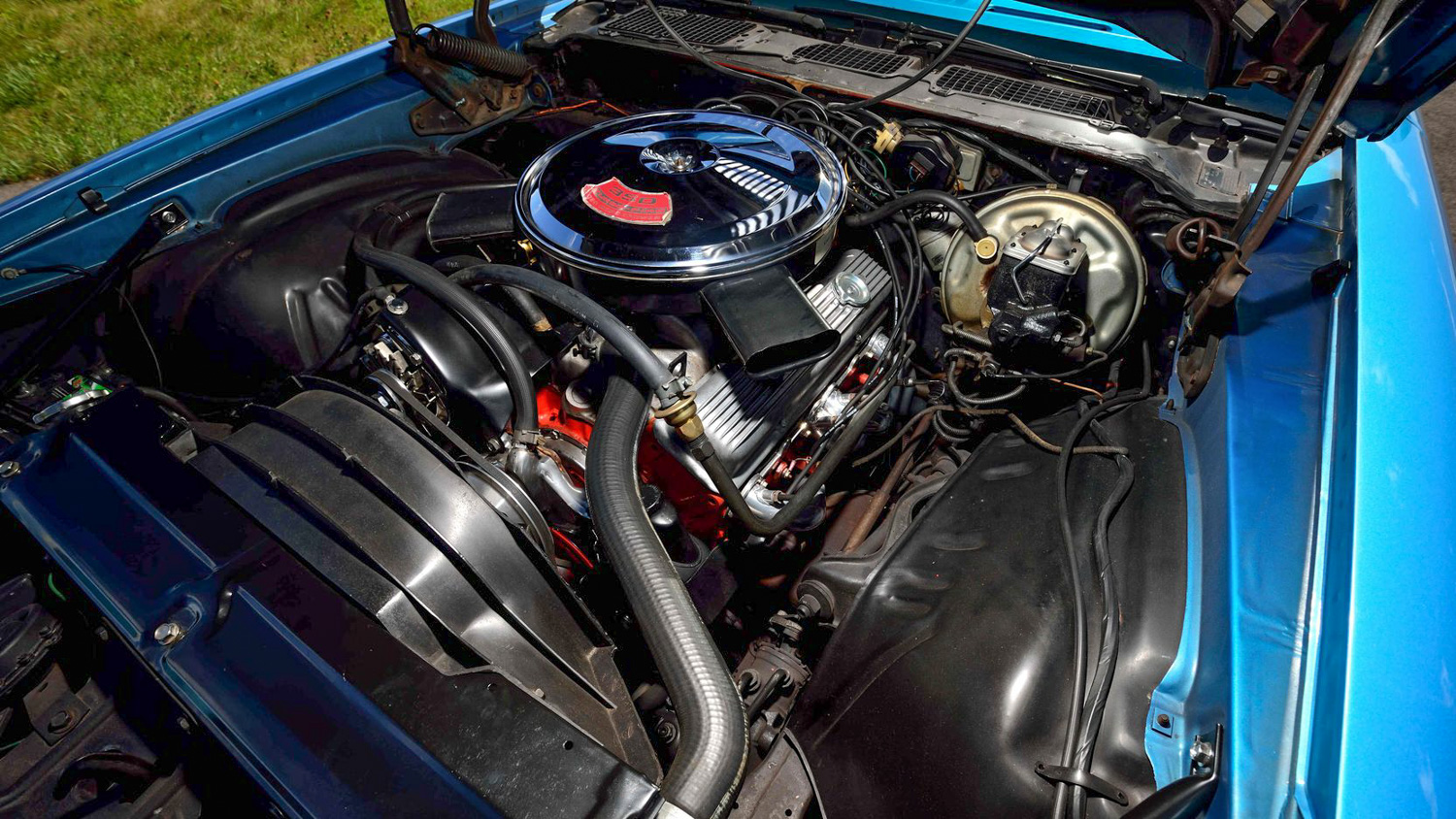
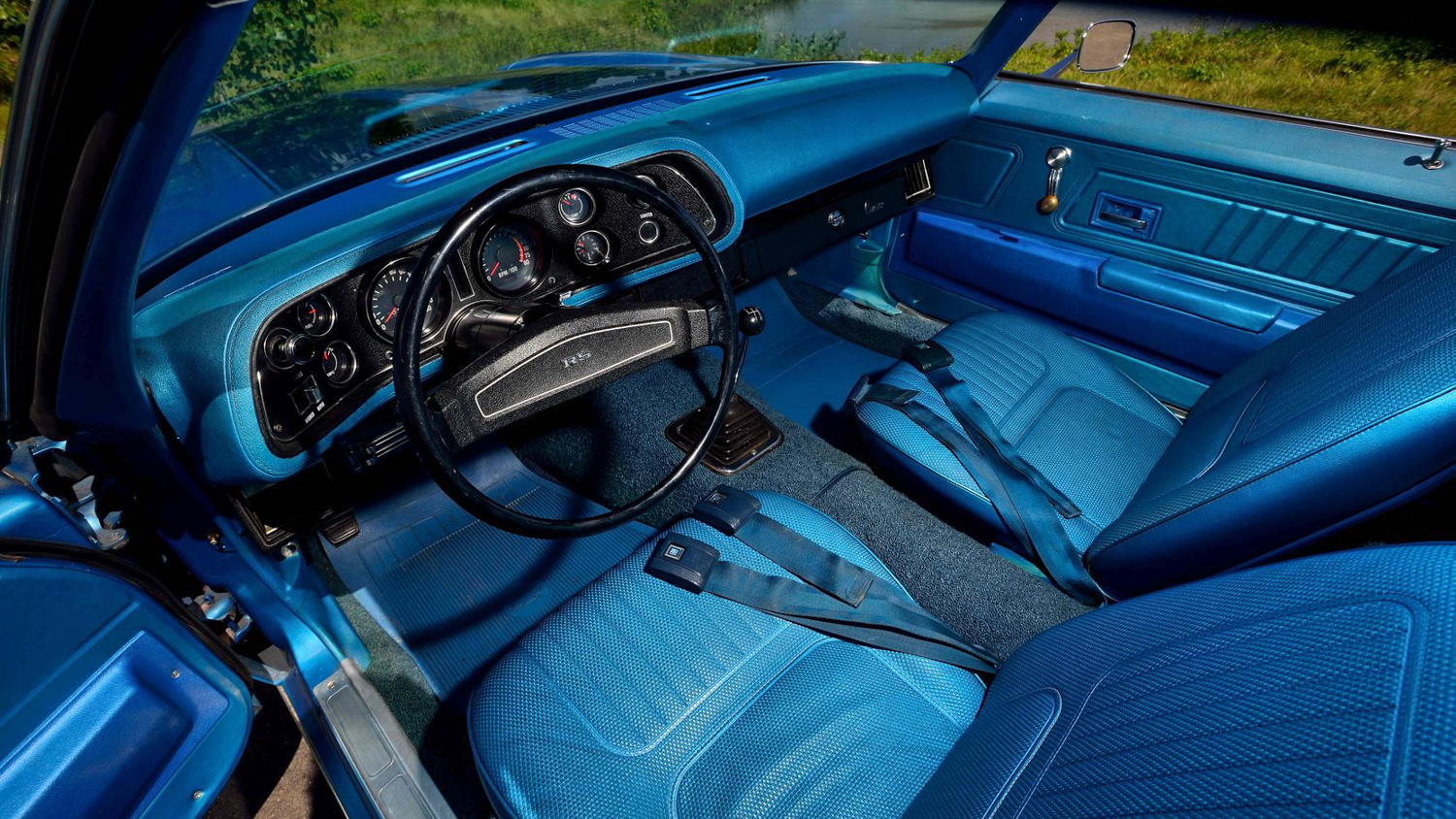
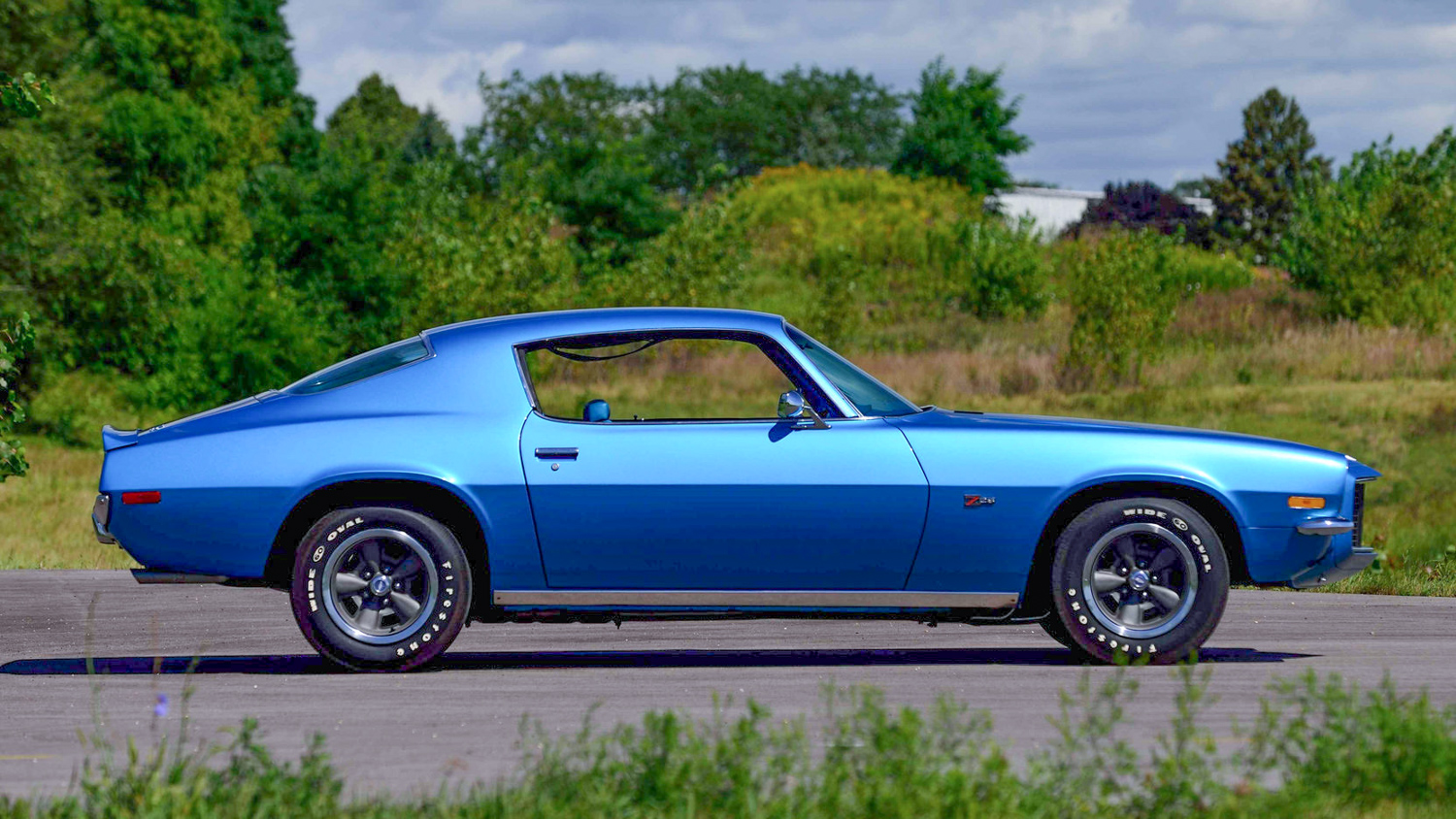
Looking at the second gen in its entirety, Hagerty valuation editor Andrew Newton says the median #2 value remained virtually unchanged from January 2017 to January 2019 after an interesting rise. “Values were flat for much of the late 2000s and early teens, grew in 2014 (along with much of the market), dipped at the beginning of 2017, and have been mostly flat since.” Newton points out that the average condition #2 value ($28K) is still less than it was pre-recession ($28,100 in January 2008).
The second-gen Z/28’s Hagerty Value Rating (a data-driven 0–100 score that indicates what’s hot and what’s not) has dropped from 66 points in January to 35 this month.
[Note: The HVR considers the number of vehicles insured and quoted through Hagerty, along with auction activity and private sales results. A 50-point rating indicates that a vehicle is keeping pace with the market. A rating above 50 indicates above-average appreciation, while a vehicle with a rating below 50 is lagging. The HVR is not an indicator of future collectibility, only a gauge of its current market trend prospects.]
Looking closer at the data, Newton says the auction sell-through rate for 1970–81 Z/28s is at its lowest point since December 2015 (down 3.3 percent in the last two years), and the 12-month change in average sale price is down 11.7 percent. But the factor that is most detrimental to the Z/28’s overall HVR is its diminished insurance quoting activity, has hovered well below the average.



Newton says most insurance quotes come from Boomers (38.5 percent) and Gen-Xers (37.5 percent). “These cars have an appeal for both age groups since both remember when they were new or at least semi-new.”
Last year there were signs that younger enthusiasts were taking a liking to the second-gen Z/28s, as quotes from Millennials rose from 20.5 percent in October 2017 to 23.3 percent in October 2018. However, the rate has been flat since.
“If you want affordable, rear-drive V-8 muscle,” Newton says, “there are lots of newer and faster cars to choose from for not that much more money.”
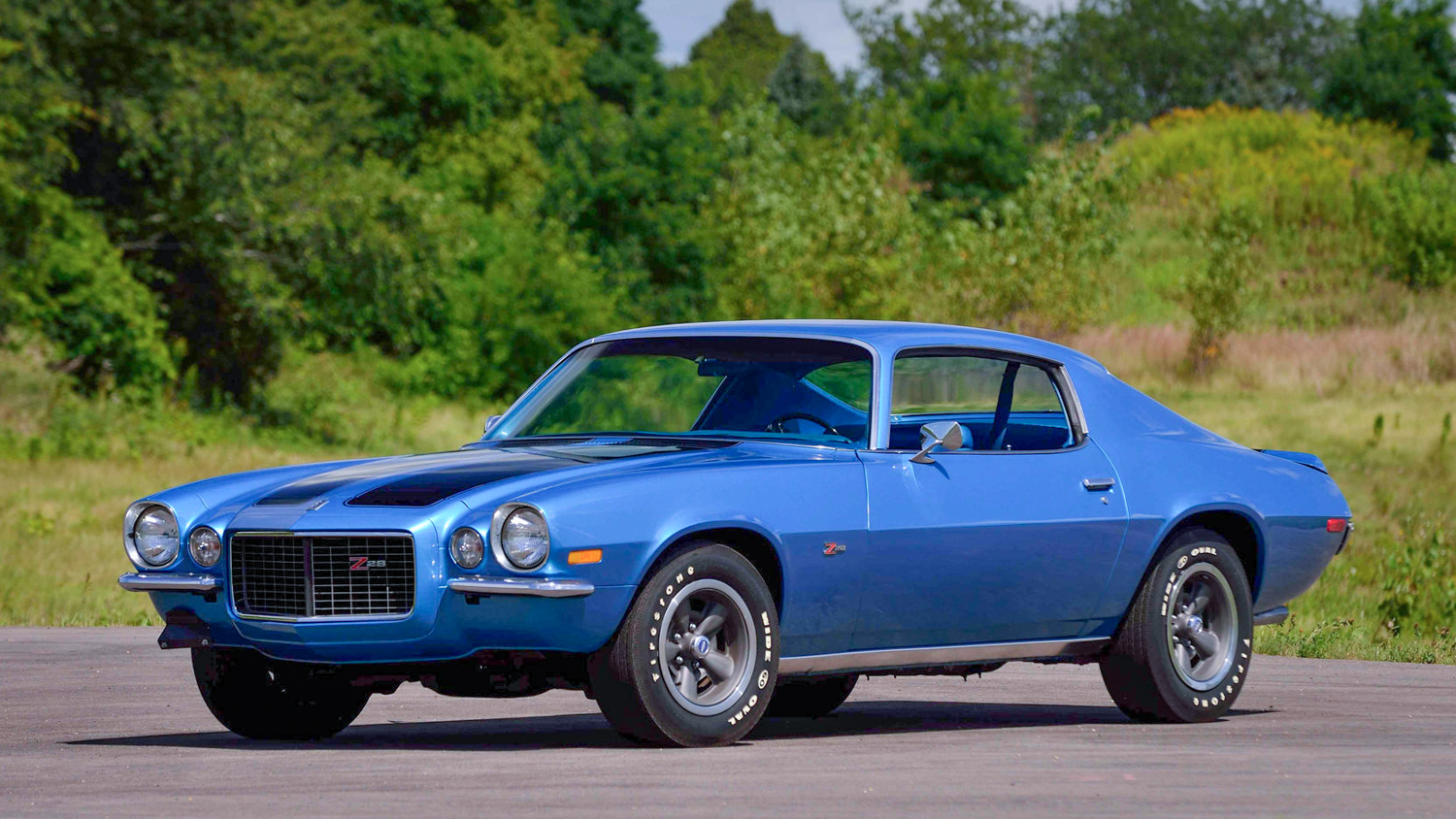



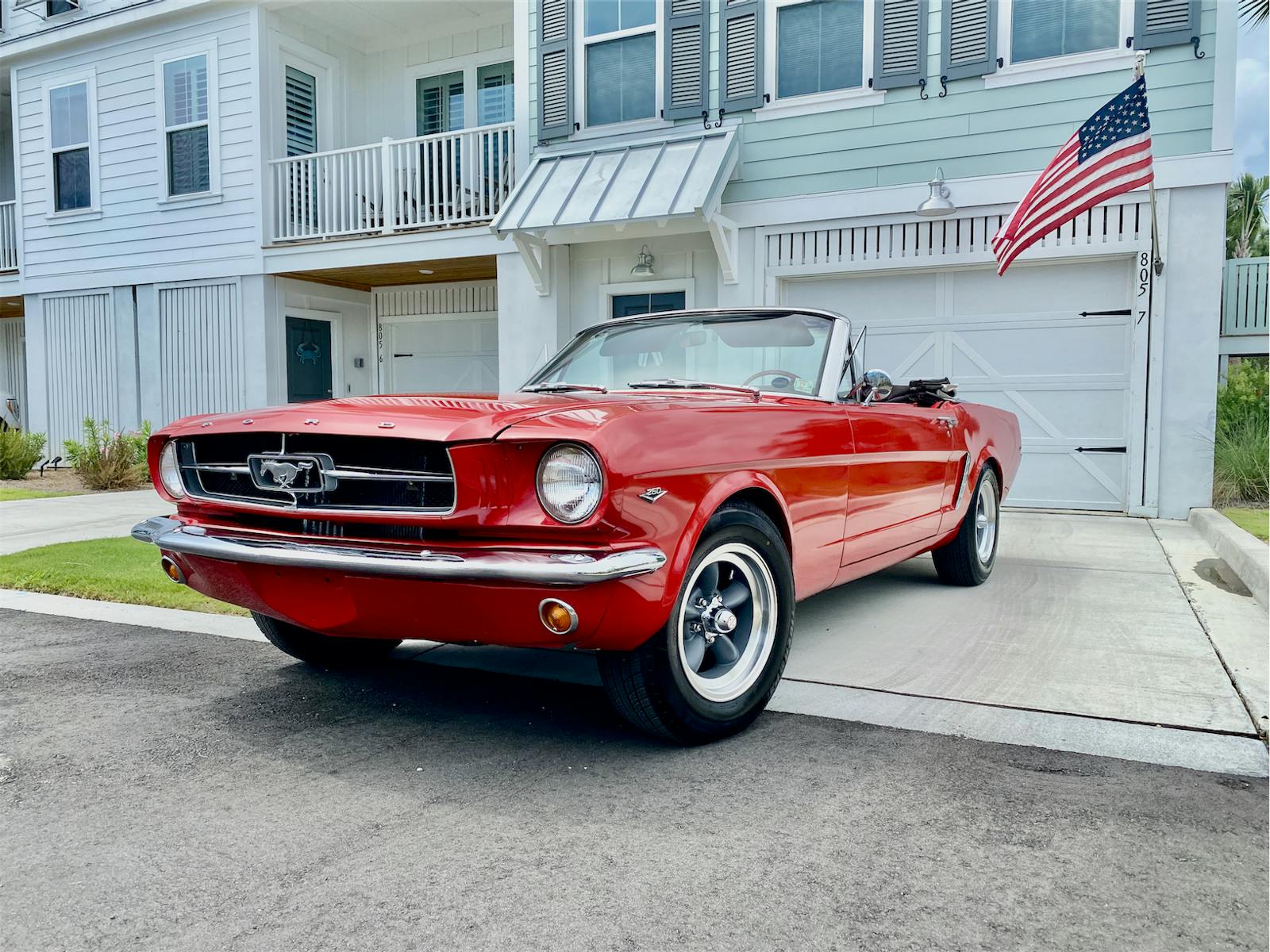
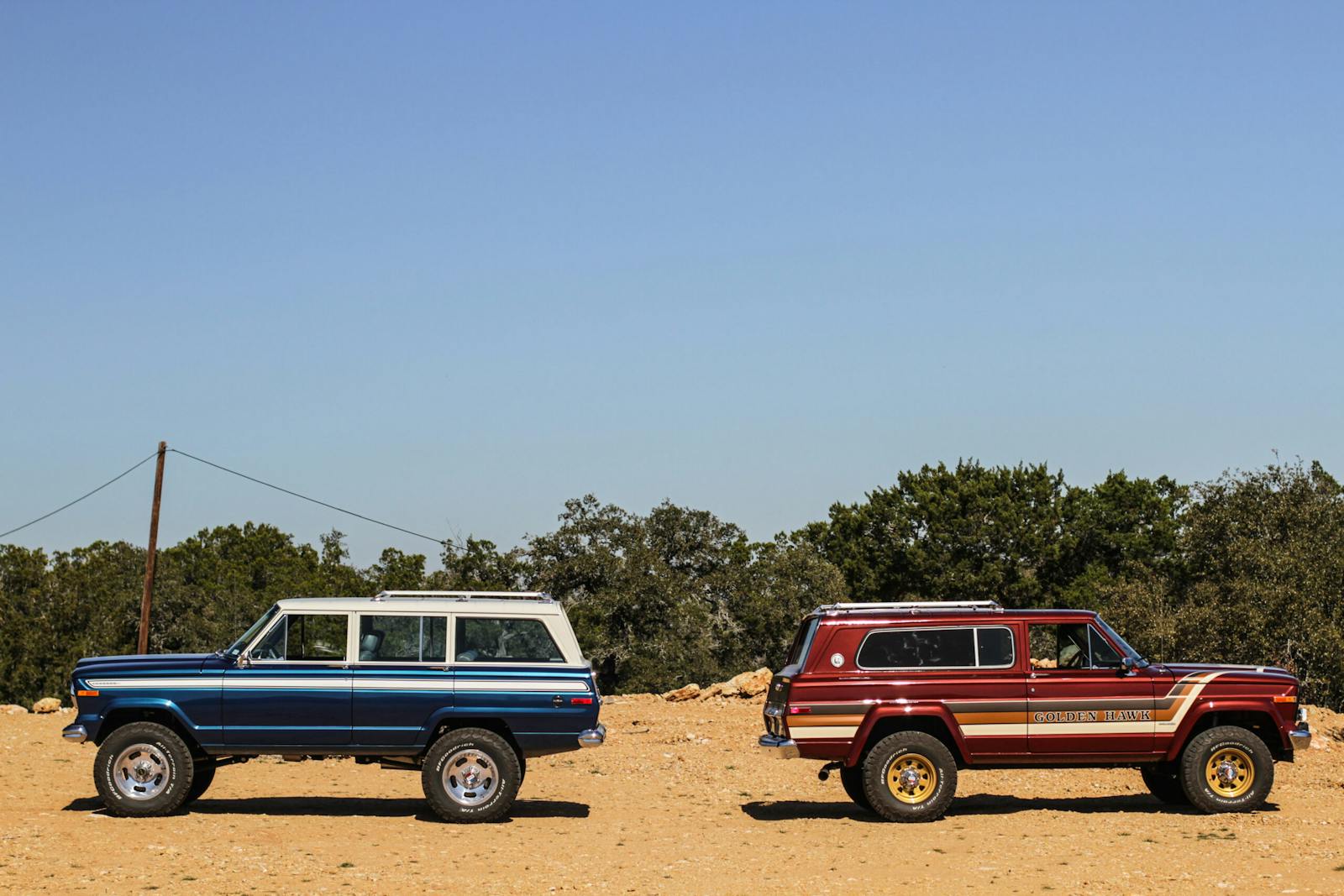
How many 1970 z28 Camaros were produced with a 454?